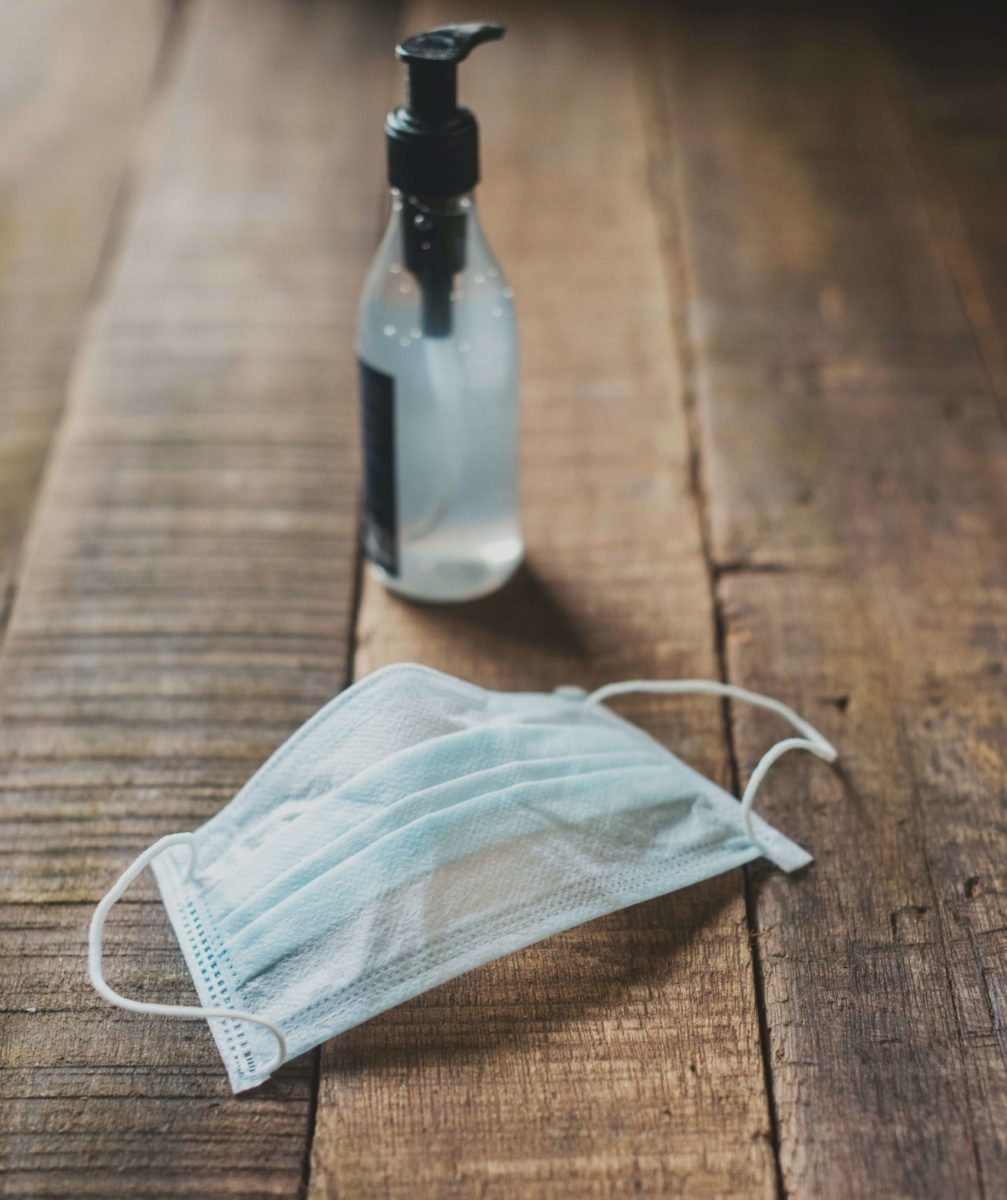3 Poems About Health Care Workers in the Time of Coronavirus
In 2020, we’ve seen how the coronavirus pandemic has become a health crisis throughout the world. Nearly every country has dealt with this crisis, and right now, the United States is the global leader in cases, according to CNN. States have been dealing with alarming and rising cases of COVID-19, and certain states, such as Florida, are becoming the new epicenters of the virus. Many virologists argue the world hasn’t seen a health crisis like this in a long time.
On an individual level, the coronavirus has impacted and changed almost every aspect of our lives. We wear masks, clean our hands often, and don’t go out to concerts or movies anymore. But one of the groups who has dealt firsthand with the impact of this virus is health care workers, the true heroes and heroines of our time. They have endured incredible hardships in their working environments since the onset of the crisis, and now in certain states in the U.S., hospitals are almost at capacity.
Health care workers are putting their lives at risk in this first wave of the coronavirus. They have to protect themselves against the virus using N95 surgical masks, scrubs, gloves, and an incredible amount of hand washing. This puts a toll on their mental and physical health. According to TIME, the hidden crisis of the pandemic is the way it has affected the mental well-being of the nurses, doctors, and people on the front lines in hospital rooms.
Health care workers are our safe harbor in the midst of this slow hurricane that’s sweeping the world. In honor of the sacrifices they are making during these challenging times, we feature these poems as a tribute to them.
“THE APOCALYPSE” BY DR. ELIZABETH MITCHELL
It was in January when the first case of COVID-19 was reported in the United States. By March, doctors in emergency rooms were experiencing horrific working conditions while they struggled to save patients. The poem “The Apocalypse” by Dr. Elizabeth Mitchell documents her experiences in the emergency room at Boston Medical Center. “This feels for the very first time there is actually a threat to me as a physician,” Dr. Mitchell said in an interview with the New York Times.
To cope with the stress of this new threat, Dr. Mitchell turned to poetry. In the interview, she said poetry “allows doctors to become better listeners. It speaks to the art of medicine, versus the science of medicine.” The poem she wrote also serves as an emotional release of the pain and struggle of being on the front lines of this pandemic. The fact that she compares the ER to the apocalypse shows the traumatic conditions she’s endured as an emergency physician.
As you read the poem, notice the military metaphors she uses, such as “bags of flour stood in upright ranks” in the first stanza. She says she “prepares to work the battleground” in the second stanza. In the third stanza, verbs such as “deploy” and “march” reveal her mental state. The last lines compare the medical equipment on her face to “shields.” There is no doubt that, although the beauty of spring surrounds her outside, inside her mind she is prepared for a battle. The poem is a strong reminder of the grave situation health care workers have to face every day.
SONNETS BY DR. JOHN OKRENT
To deal with the difficulty of the coronavirus, Dr. John Okrent started writing sonnets every day, documenting each one with dates. He published many of them in the journal Poetry Northwest. The poems are dark and insightful. The concrete images and descriptive details are reminiscent of diary entries: “I’ve been writing little dispatches from ‘the frontlines’ as people are calling it (though I certainly don’t feel like I’m in a foxhole) to help me deal with the stress of my days,” Okrent wrote to his editor at Poetry Northwest.
Okrent captures his experience as a family doctor through sonnets, and the dispatches are definitely worth the read. Here are some great lines from different sonnets, published in Poetry Northwest and Love’s Executive Order.
March 19, 2020
“What I bring home with me: mortality
and an empty thermos.”
March 17, 2020
“…I picture Whitman, wending his way through wounded Union
soldiers — his democratic nostrils, the smell of dead
or dying flesh. And in all the dooryards, the smell of lilacs.”
March 19, 2020
“…Sterilized, I hug my girls.
In our cabin, we keep the world.”
March 22, 2020
“The air felt prehistoric on my naked face.
I shaved my beard so that the mask might fit.”
“LEAVING EARLY” BY LEANNE O’SULLIVAN
“Leaving Early” by poet Leanne O’Sullivan is a heartfelt poem that documents O’Sullivan’s experience leaving her husband in the care of a nurse named Fionnuala. The love, concern, and compassion for both the nurse and her husband is evident in the poem and shows the appreciation that O’Sullivan has for health care workers.
The poem was published in the book A Quarter of an Hour, and according to the podcast Poetry Unbound, we learn that the poet’s husband “had a brain infection which rendered him into a coma for three weeks.” The host of this episode is Pádraig Ó Tuama, and he chose this poem because, as someone with asthma during the time of coronavirus, he connects with the uncertainty that O’Sullivan experienced.
While this poem was not written this year, it’s still a tribute to health care workers who tirelessly help patients in need, not only during the global pandemic, but in a myriad of other desperate times. Health care workers are always there when people are most vulnerable, and they deserve to be recognized for all they’ve given to help us during these trying times.
For more poems about health care workers—as well as the health service industry—check out the new poetry anthology, These Are The Hands. All proceeds go to charity and to COVID-19 relief efforts.




